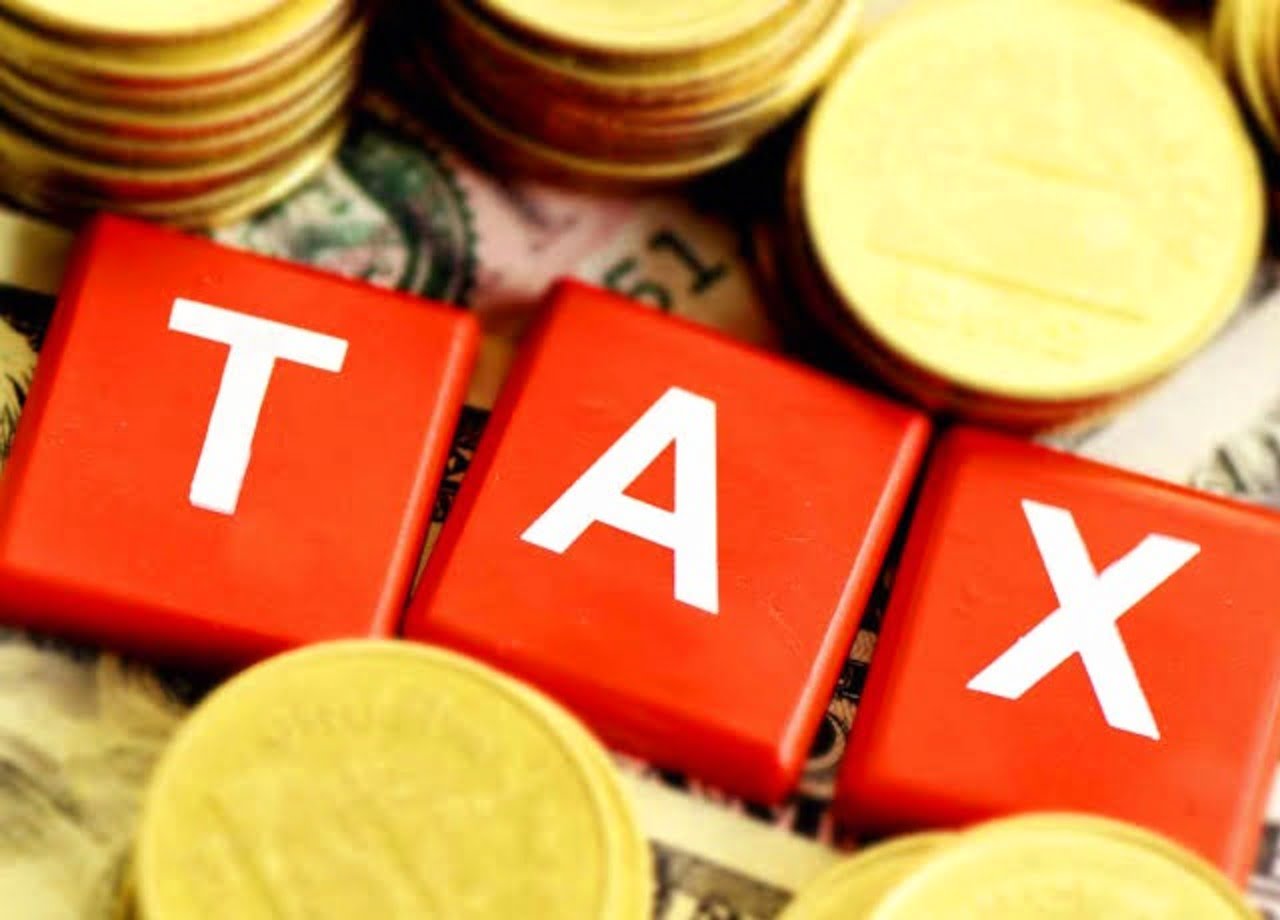
President Bola Tinubu has received another interim report from the Presidential Committee on Fiscal Policy and Tax Reforms led by Mr Taiwo Oyedele, Sunday PUNCH has gathered.
Sources close to the development in the Presidency confirmed to our correspondent that Oyedele, who visited the President on Tuesday, February 13 in company with the Chairman of the Federal Inland Revenue Service, Dr Zacch Adedeji, highlighted the non-implemented aspects of the committee’s quick wins presented to Tinubu last October.
It was also gathered that Oyedele briefed the President on the current status of the committee’s assignment since its inauguration on August 8, 2023.
While inaugurating the committee at the State House six months ago, Tinubu said, “In order to ensure seamless implementation, the committee shall be empowered not merely to make recommendations, but also to provide practical support to the government in the execution and delivery of the recommended changes.
“The committee is expected to achieve its mandate within one year. They are, in the first instance, expected to deliver a schedule of quick reforms, which can be implemented within 30 days.
“Critical reform measures should be recommended within six months and full implementation will take place within one calendar year.”
On October 24, 2023, Oyedele presented a 30-day quick win report to the President and told State House correspondents that the committee recommended merging over 200 taxes being paid by Nigerian businesses to 10.
He argued that multiple taxation had shrunk the Federal Government’s internal revenue pool rather than increasing it, adding that only 10 taxes were generating 96 per cent of revenues.
Oyedele had explained, “We have over 60 taxes and levies, officially collectible by the federal, state and local governments. Unofficially, those taxes are over 200, making life difficult for our people.
“So, the taxes at all levels of government combined, we think, should be less than 10.”
Oyedele noted that although the 30-day report was ready, he could not present it to the President in September as Tinubu was away in New Delhi, India, for the G-20 summit, and New York for the 78th United Nations General Assembly.
After listening to the presentation at the time, Tinubu directed his Special Adviser on Policy Coordination, Hadiza Bala-Usman, who was also present at the meeting, to coordinate with relevant ministries and agencies of government for immediate implementation of the quick wins.
At Tuesday’s meeting, however, the committee chairman, Sunday PUNCH learned, told the President that some crucial aspects of its recommendations were yet to go mainstream.
A source knowledgeable about the issue but who did not want to be named because he was not authorised to speak on the development, confided in our correspondent, “It was on Tuesday. They came to see the President as a follow-up to their last interim presentation.
“They returned because some of the recommendations they made in the report they presented to him (Tinubu) last time have not been fully implemented. So, they need those to be implemented across relevant MDAs.
“Part of their discussion now is that those recommendations will have to be mainstreamed in those MDAs and the committee is going to work with Hadiza to produce a memo that will be presented to the FEC (Federal Executive Council) and after that, they will coordinate the implementation.”
Another source who confirmed Tuesday’s meeting said, “The recommendations include the collapsing of all the taxes from about 200 to 10. These are what they called quick wins in their last report.
“Most of those quick wins have not been implemented because of the long process of domesticating and mainstreaming them.
“That is why they came to meet the President to say, ‘These are the issues. We need to implement these things’. They are now saying that before they can be implemented, some of them have to come to the FEC as memos that will be approved.”
However, it could not be confirmed what time frame was given for the preparation of the memo and if it would be ready before the next FEC meeting.
Explaining the recommendations contained in the quick wins last October, the Senior Special Assistant to the President on Media and Publicity, Mr Temitope Ajayi, detailed them to include presidential executive orders that will address the “duplication of functions in the public service and ensure prudent public financial management; the imposition of excise tax on foreign exchange transactions outside the official market; and the impediments to export promotion and bottlenecks regarding export expansion grants to be addressed.”
The report also recommended an Emergency Economic Intervention Bill for an increase in personal income tax exempt threshold and personal relief allowance, a tax break for the private sector in respect of wage increases to low-income earners, transport subsidies, and net increase in employment and amendments to redirect certain revenues accruing to some ministries, departments, and agencies, and windfall revenue from levies tied to fuel products to fund suspended multiple taxes.
The intervention bill is also meant to remove impediments to global employment opportunities, outlaw sales of forex outside the official market, implement changes to promote the export of services and intangibles and remove restrictions on repatriation of export proceeds to purchase raw materials.
It contains recommendations for a ministerial directive and order on the suspension of Value Added Taxation on diesel and tax waivers on Compressed Natural Gas, CNG conversion, and renewable energy items, a comprehensive review of tariffs on the 43 items, and import policy on other items prohibited for imports, and reforms of withholding tax regulations to ensure simplicity and ease pressure on working capital for businesses.
The Oyedele committee also called for a Memorandum of Understanding with states on spending framework for subsidy removal and forex reform windfall, including a national portal to track utilisation and suspension of multiple taxes, which burden the poor and small businesses.
It called on the FIRS to release circulars to modify Tax ProMax to allow taxpayers to make part payments of outstanding tax liabilities and grant a waiver on penalty and interests on the condition of full payment on or before December 31, 2023.





